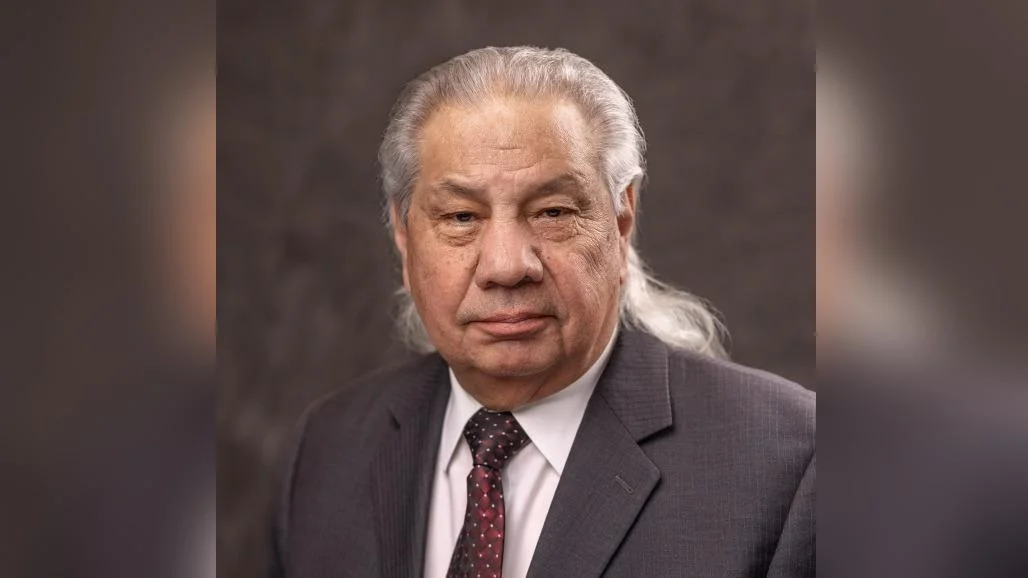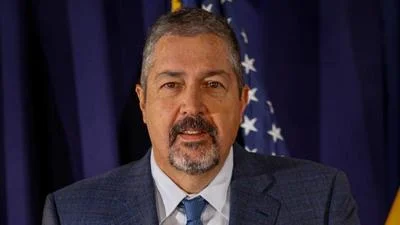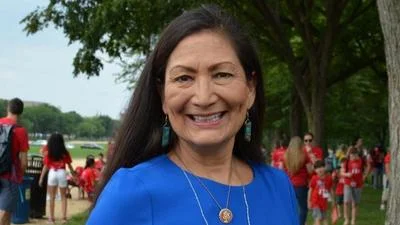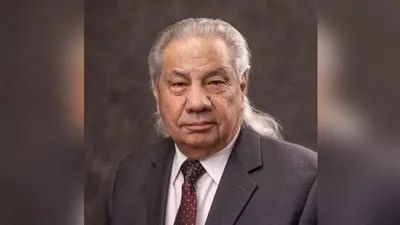The Native American Rights Fund (NARF), in collaboration with Land Justice Futures, has released a new guide aimed at helping organizations and individuals responsibly manage Native American burial sites and cultural objects. The publication, titled Sacred Grounds: A Right Relations Guidebook on Native Burials and Cultural Items, is designed for conservation groups, religious institutions, private landowners, and others who may encounter or possess items of ongoing significance to Tribal Nations.
According to NARF, many entities unknowingly hold land or objects that are important to Indigenous communities. The guide addresses common questions such as whether a property contains Native American burial sites or if an organization possesses cultural objects, and clarifies both legal obligations and ethical considerations when dealing with these matters.
The guide opens by discussing the impact of colonialism on Indigenous relationships with ancestral remains, land, and culture. It emphasizes that right relations require more than simply following rules; they involve respect, humility, and attentive listening. One section explains the Native American Graves Protection and Repatriation Act (NAGPRA), outlining its requirements for religious institutions and private landowners.
Sacred Grounds identifies several situations where organizations might interact with Native American remains or artifacts: direct possession or control; protecting land designated for reburial; stewardship of burial sites; issues related to boarding school burials; and discoveries made during excavation or inadvertently. For each scenario, the guide offers practical advice rooted in Indigenous values.
A central theme is the importance of meaningful consultation with Tribal Nations—not just as a legal formality but as part of building accountability and trust. "At NARF, we maintain that the laws, policies, and practices concerning Native American human remains, cultural objects, and burial sites should reflect and respect Tribal sovereignty," the organization states.
NARF's ongoing work includes assisting Tribal Nations in asserting their rights under NAGPRA and related laws, supporting repatriation efforts, providing legal analysis to institutions involved in this work, and promoting ethical frameworks beyond basic compliance.
Organizations are encouraged to read the guide relevant to their context; consult directly with Tribal Nations rather than making assumptions; assess what is currently in their possession or control; develop action plans based on ethics as well as law; and collaborate with experts to ensure respectful return or preservation of significant sites and items.
"We encourage you to visit the Sacred Grounds Guide and use it as a practical and moral resource in your work. If you’d like help interpreting or applying it in your context, NARF is here to assist," NARF said.









